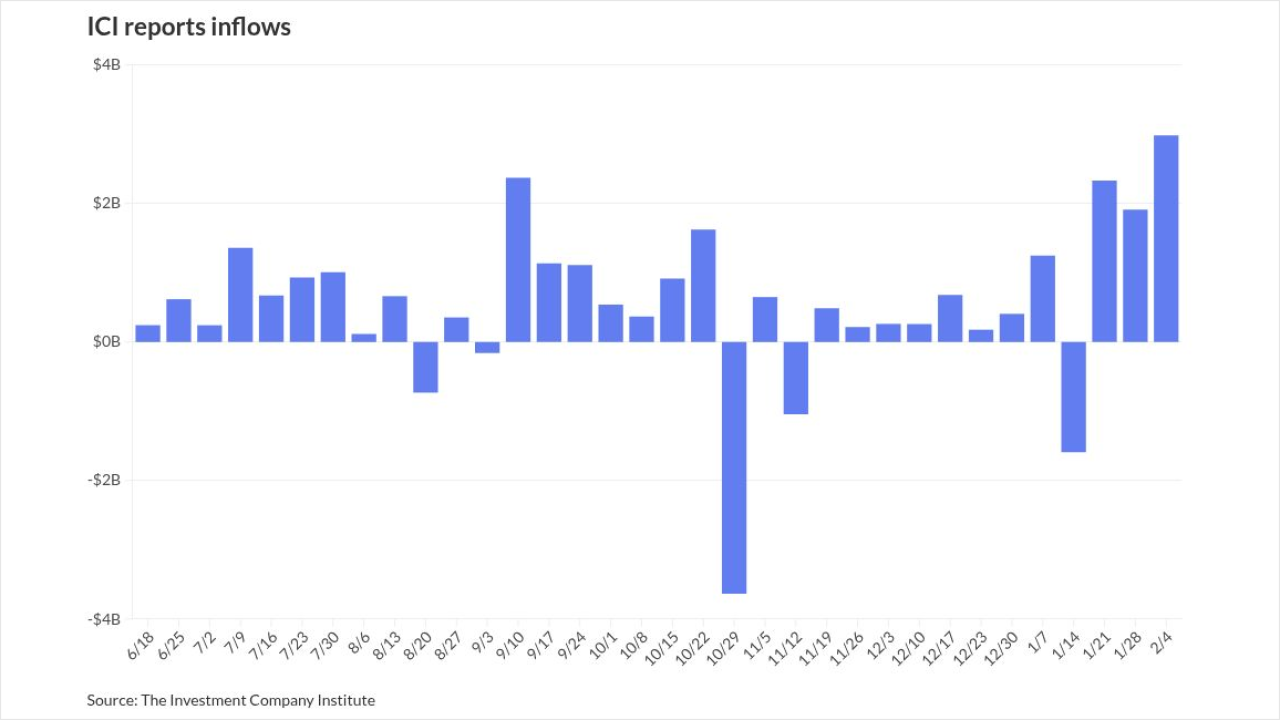The Puerto Rico House voted unanimously to not collaborate with pension cuts found in Puerto Rico’s proposed plan of adjustment.
The House voted 49 to 0 with two members absent on Monday for the resolution that was addressed at a Puerto Rico Oversight Board plan of adjustment. The plan includes 8.5% cuts to pension amounts over $1200 per month.

Though Municipal bankruptcy experts said the House action may lead to battles when it comes to implementing the pension cuts and the plan in the medium and long-term, they had mixed opinions on whether it would prevent court approval.
“The board hasn’t built a constituency with the legislature and, as campaign season approaches, the Puerto Rican politicians will increasingly run against the board’s policies" Municipal Markets Analytics Partner Matt Fabian said. "This should be a concern for anyone planning to own a bond with a maturity beyond the board’s ultimate date of departure.”
The Oversight Board has a mandate under the Puerto Rico Oversight, Management and Economic Stability Act to restructure about $123 billion of bond and pension obligations and restore fiscal stability to the local government. The board is to remain in operation until the local government has had a balanced budget for three consecutive years.
The purpose of the House resolution, according to a translation of the summary, is: “To express the most absolute and energetic rejection of the Legislature of Puerto Rico to the Fiscal Oversight Board Plan of Adjustment to recommend to the federal court a cut of 8.5% to the amount that our public pensioners receive from the Government of Puerto Rico; to express that the legislature will not approve legislation that makes the aforementioned adjustment plan feasible; to authorize the presidents of the House of Representatives and the Senate of Puerto Rico to perform all the acts they deem necessary to enforce the rejection declared above; and for other related purposes.”
James Spiotto, managing director of Chapman Strategic Advisors, said that Title III bankruptcy Judge Laura Taylor Swain didn’t need the approval of the Puerto Rico House or Senate’s support of the plan to confirm it. However, after approval the legislature could attempt to over-appropriate money for the pensions so the pensions could be paid at the originally promised levels.
In that case parties could go to a court to get it to order the lower levels of spending but by then things would have gotten messy, Spiotto said. It would be better for the board and legislature to discuss their differences now rather than turning to suits later, said Spiotto, who is an expert on U.S. municipal bankruptcies.
Spiotto said Puerto Rico's case was the first time since World War II in which at least one body of the local government is united in opposition to the actions of the control board. Gov. Wanda Vázquez has said that she supports the plan of adjustment as a package, even if she would rather it didn’t cut pensions.
“Ideally, you would want cooperation between the legislature and the Fiscal Oversight Board in order to structurally balance operations and for the commonwealth to re-enter the debt market," said Howard Cure, director of municipal bond research at Evercore. "This will be a test of the board’s authority to go ahead with this pension cut in light of the opposition.”
Shaun Burgess, portfolio analyst at Cumberland Advisors, said, “My understanding is that advancement of the plan depends on Judge Swain’s approval and not legislative action.
"Whether [the House’s action] could be road block at some point in the future remains to be seen,” Burgess continued, cautioning that he is not a lawyer.
Unlike Spiotto, Puerto Rico attorney John Mudd saw the House motion as a potential problem before any court approval of a plan. He said in an email, “The board has made it clear that if the legislature refuses to enact the required laws, it will go to Judge Swain for an order to that effect. If Swain agrees, that’s it. BUT if she does not, it could mean the dismissal of Title III.”
He said the Puerto Rico Senate is likely to follow the House’s lead in approving a similar resolution.
Spiotto said the proposed pension cut would be modest compared to those in found in other municipal bankruptcies. In the Central Falls, R.I. bankruptcy pension benefits were cut by 50%, he said.





